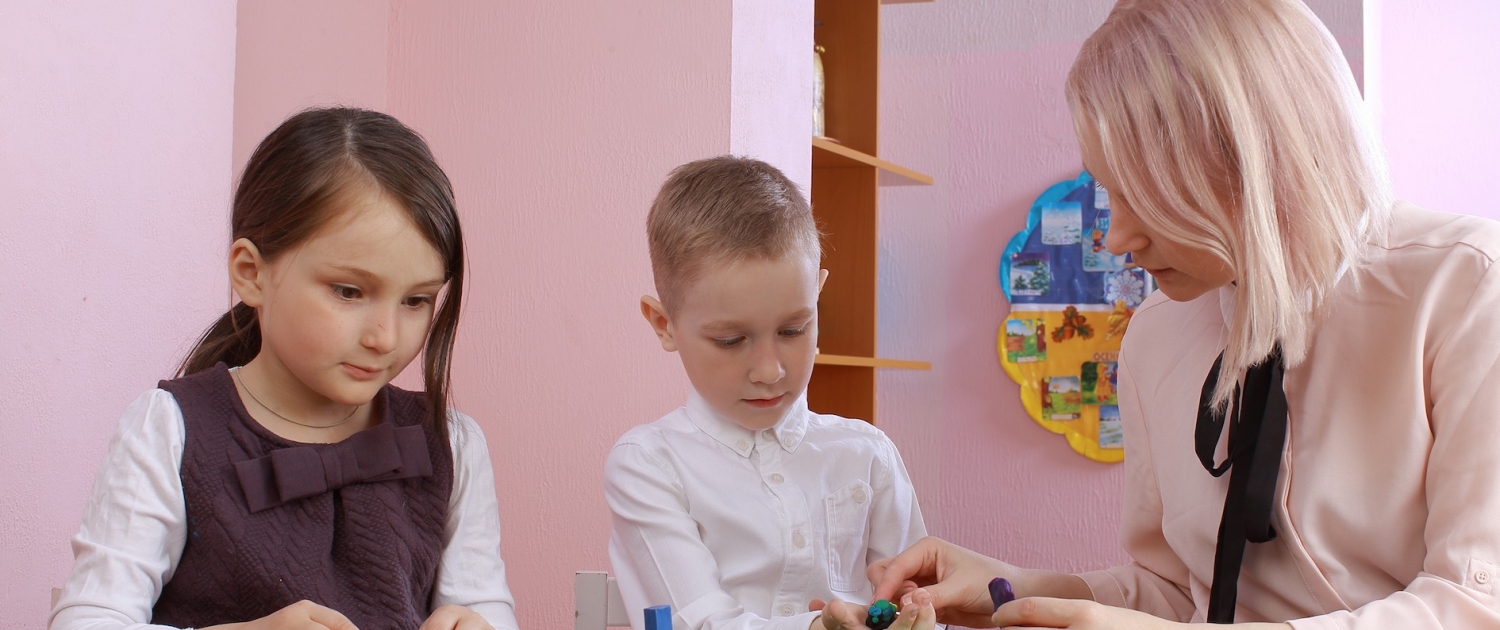
School-Based Interventions for the Treatment of ADHD in Children and Adolescents
Children and adolescents with Attention-Deficit/Hyperactivity Disorder (ADHD) often exhibit cognitive and behavioral symptoms that adversely impact their academic performance. Children with ADHD may experience difficulty with staying on task, fidgeting, poor impulse control, or emotion dysregulation that serve as barriers to their ability to learn. Given this, school-based interventions are imperative for promoting the academic performance of individuals with ADHD.
School-based interventions for ADHD may include behavioral strategies, modifications to the learning environment, or special education services. Behavioral interventions for ADHD within the academic environment may include having the teacher utilize positive reinforcement throughout the school day. For example, the teacher may implement a reward system for the child, which serves to increase the occurrence of desired behaviors and reduce disruptive behaviors.
In addition, modifications to the learning environment may be provided under a 504 Plan. Environmental modifications in a 504 Plan may include extended time on testing, receiving a copy of the class notes from the teacher, or cuing from the teacher to assist with staying on task.
Finally, special education services for ADHD may be provided under an Individualized Education Program (IEP). Specific accommodations and modifications listed in an IEP may include participating in a smaller classroom setting for particular subjects, receiving extra breaks throughout the day, or having an aide present in order to reduce the occurrence of disruptive behaviors.
If you have concerns that you or your child might have ADHD, please contact Pathways Neuropsychology Associates at (732) 930-2242 to inquire about a neuropsychological evaluation.



